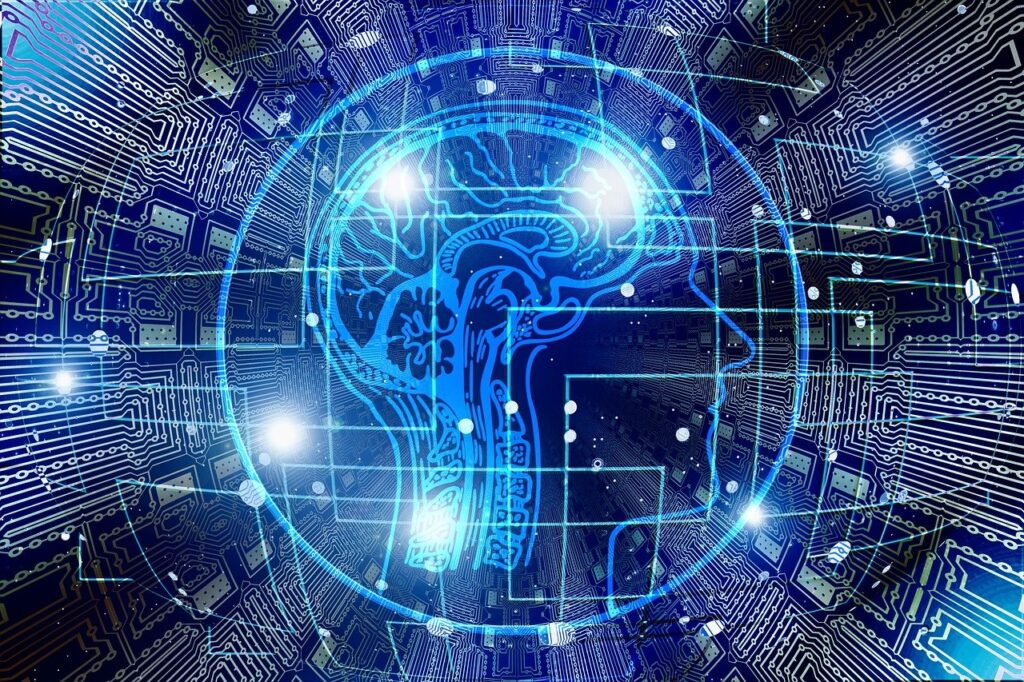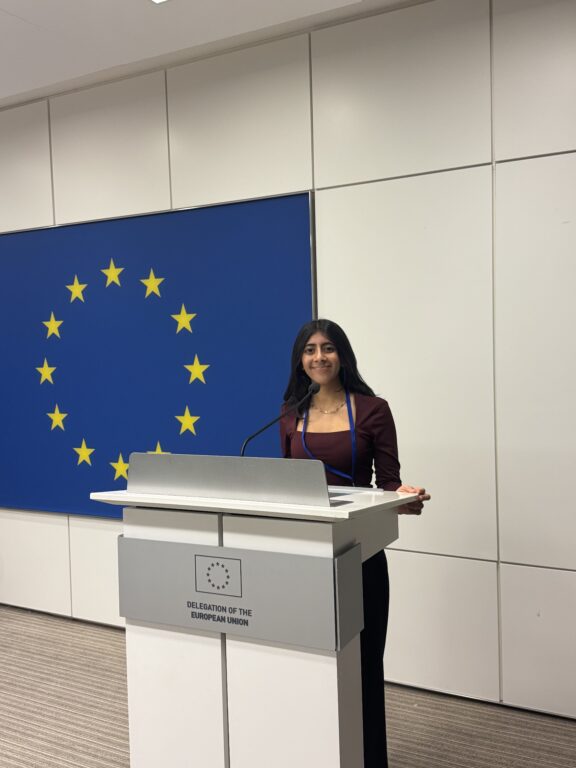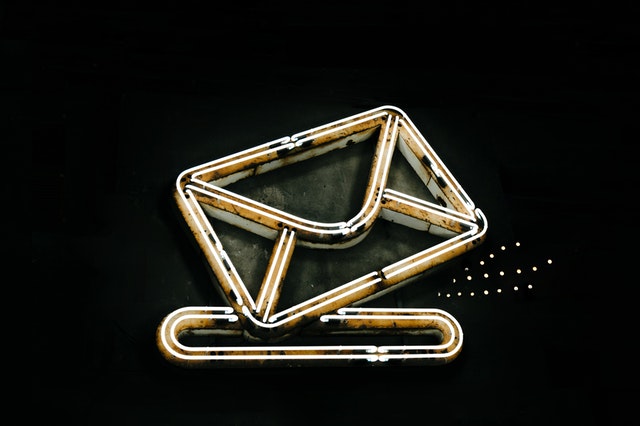By: Mohamed Abdou
“AI and humans are both knowledge producers, just like the sculptor and painter are both artists, but they will be forever, in my mind, be distinct and separated,” says James Brusseau, a philosophy professor at Pace University who also teaches AI ethics at the University of Trento in Italy. “One will never be better than the other so much as they will just be different.”
Brusseau was speaking on CNBC’s “Make It,” show, but his statement emphasizes the mutual connection between two intelligent entities and why AI will never replace humans entirely.
Although the future of our society is uncertain, many experts agree it is unlikely AI ever will be able to replace large numbers of humans in the workforce. We are living in where technological improvements are greater than ever before and scientists are still struggling to accurately predict its impact. They are seriously debating whether there ever will be completely automated systems that don’t need human direction and intelligence.
That is because unlike machines, humans are intuitive, emotionally intelligent and physically adaptable. That’s what set us apart from artificial intelligence. Humans will use their intelligence for innovation and specialization, while AI will take over the boring, automated tasks. But that’s where the concerns arise.
Shifting to a society of specialized workers will increase competition for skilled labor, but many argue such workers will be increasingly hard to find. This stems from failures in the education system, corruption in governments here and abroad and increasing lack of personal ethical standards. Even here, AI could be the solution.
In education, AI will enhance the learning experience to fit each individual student needs, and therefore narrowing achievement and under-skilled labor gaps. In other areas, such as healthcare, it will assist medical professionals in diagnosis and data processing, leading to more accurate treatment.
It is possible that skilled professionals may face the biggest threat from AI because it will be capable of accumulating more knowledge and using it more accurately and more quickly.
Regardless of who will replace what, it is crucial to develop high ethical standards for the use of AI. Its increasing use will impact people in profound ways.
There must be transparency and commitment to use AI to serve the common good. And we must train people in how to effectively use it and embrace the significant technological advances that are now a reality.
With sufficient safeguards, AI could reach its best potential — to empower human beings and not replace them.
Mohamed Abdou is a student at Shippensburg University and a participant in the 2024 Summer Internship and Enrichment Program of the World Affairs Council of Harrisburg and PennLive. Read the article on PennLive.




